OK Zimbabwe says 2014 promises to be more challenging than the previous year unless government finds ways of attracting investment and creating new jobs.
Chief executive Willard Zireva told our correspondent in an interview yesterday that while 2013 was one of the most difficult years since dollarisation, 2014 could be worse.
Zireva differed with financial analysts who predicted retail companies could perform better this year compared to most other sectors.
Some analysts said retailers, especially those that deal with fast moving consumer goods, will perform better since most people are likely to spend on basic goods.
But Zireva said that during periods of serious economic challenges, rarely does one sector or sub-sector thrive while most other sectors are not doing well.
"You cannot have one sector doing well when the rest are struggling. When the economy is struggling, everybody is eventually going to struggle," Zireva said.
"It is going to be tough for everybody. If anybody in business thinks it is going to be easy, they will get the biggest surprise of their life. We are going to take measures to keep the company afloat. It promises to be very difficult," he said.
He said on the backdrop of what happened last year, when companies downsized, retrenched, went into judicial management, closure and liquidation in extreme cases, 2014 will be worse as fewer people are formally employed.
"There are fewer and fewer people still formally employed. The economy has become much smaller, even Zimbabwe Revenue Authority numbers show that."
But Finance and Economic Development Minister Patrick Chinamasa was optimistic when he presented the 2014 National Budget in December last year. The minister projected that the economy will grow by 6,1 percent driven by mining.
Zireva said the economic situation has worsened considering that only about 7,000 people are still formally employed, and about half those employed at the peak of the economy in 1997.
A July 2013 National Social Security Authority Harare Regional Employer Closures and Registrations Report for the period July 2011 to July 2013 shows 711 companies in Harare closed down, rendering 8,336 workers jobless.
Zireva said the government needs to urgently look for ways of attracting foreign investment to create jobs and make sure the formal economic sector is revived.
The OK Zimbabwe boss pointed out that while it was critical to support informal sector growth, the sector should subsidiary to the formal sector, which pays tax. He said if tax revenues keep falling, government operations will collapse.
The Zimbabwe Revenue Authority missed its target for 2013 by 6 percent due to a shrinking national tax base caused by a slowdown in domestic economic activity.
Zimra chairman Sternford Moyo said tight liquidity, company closures, downsizing of companies and the decline in industrial activity had affected the national tax revenue base, which consequently affected total revenue inflows. Total collections came in at $3.43 billion against a target of $3.64 billion.
To escape the cusp of the current economic challenges, the OK Zimbabwe chief executive suggested government should seek investment in strategic areas of infrastructure. Manufacturing industry and mining also require huge amounts to recapitalize.
Zireva said, inevitably, government should lure investment into key economic enablers such as roads, dams and rail network, failure of which means coping with the restrictions will be difficult even if the economy recovers.
He said the infrastructure projects have huge potential to create employment, adding that while the world economy was wobbling, there always are people with funds to invest.
- chronicle
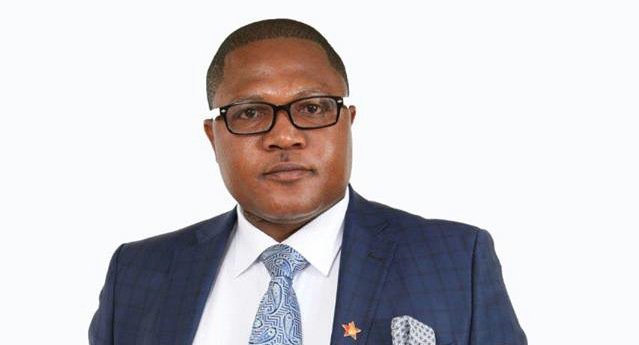 Mutodi apologises to Guvamatanga
Mutodi apologises to Guvamatanga  South African ambassador falls to death from Paris hotel room
South African ambassador falls to death from Paris hotel room  India dumps US Treasury bills
India dumps US Treasury bills  Zimbabwe's dollar stock exchange surges 45%
Zimbabwe's dollar stock exchange surges 45%  Gold edges up as traders await guidance
Gold edges up as traders await guidance  Zimbabwe gold prices move to 118.26 per gram
Zimbabwe gold prices move to 118.26 per gram  Young Investment Professional (YIP) Graduate Programme 2019
Young Investment Professional (YIP) Graduate Programme 2019 
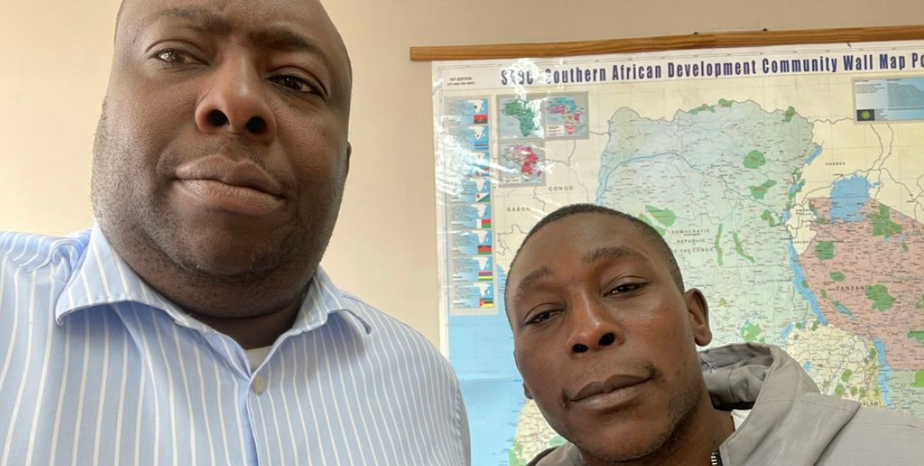
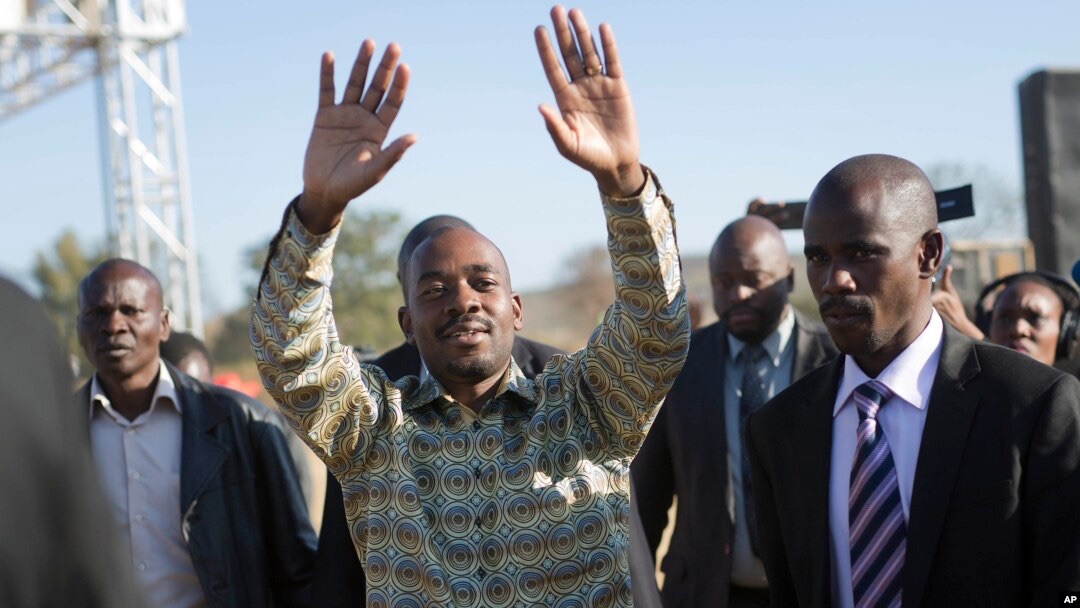
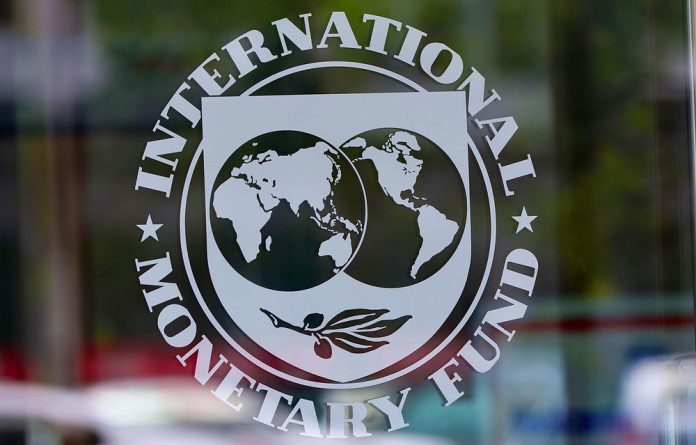

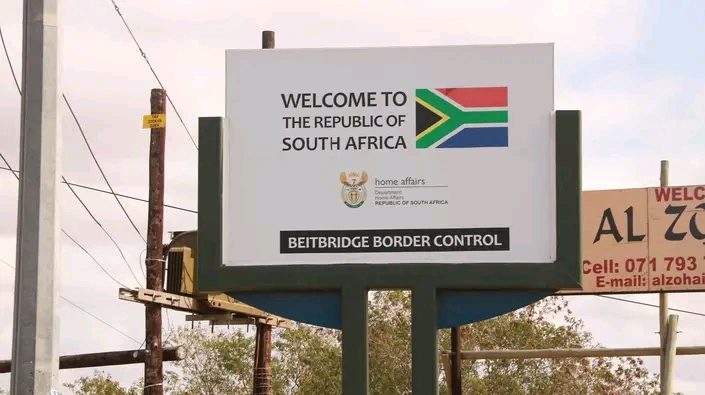

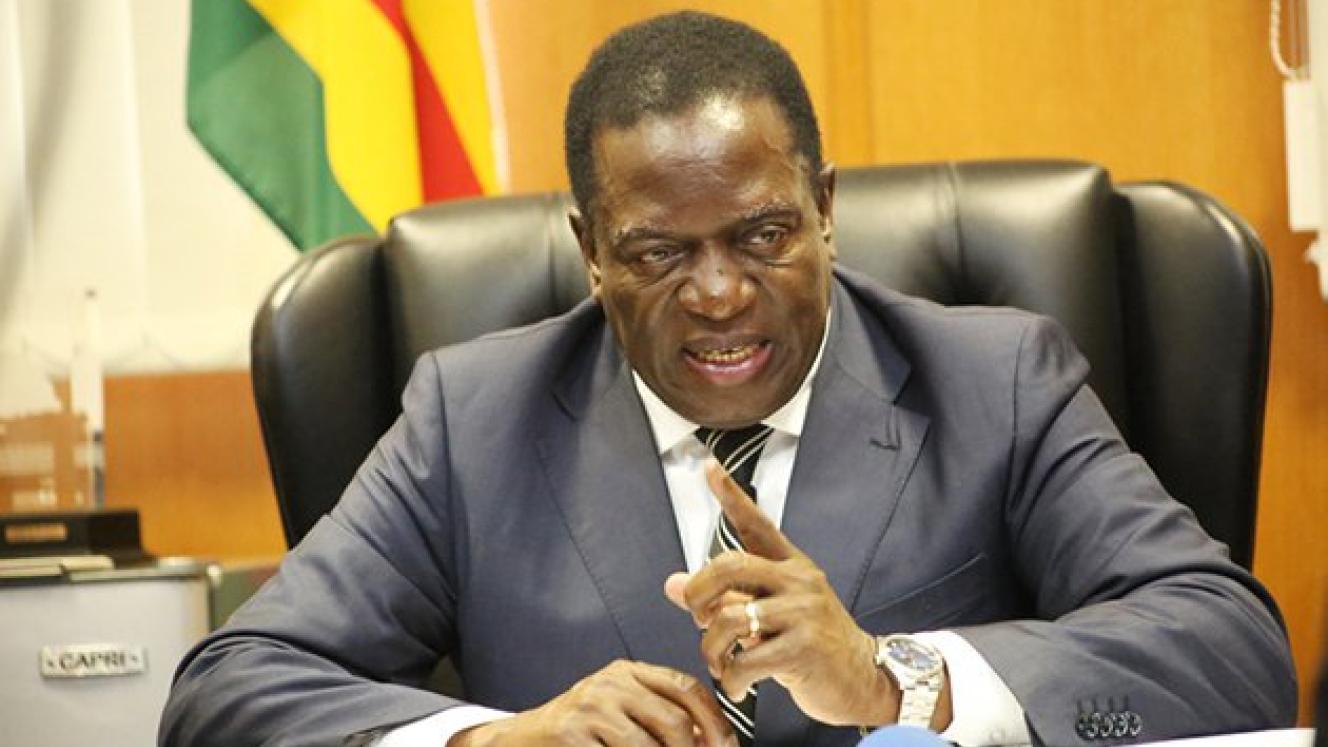
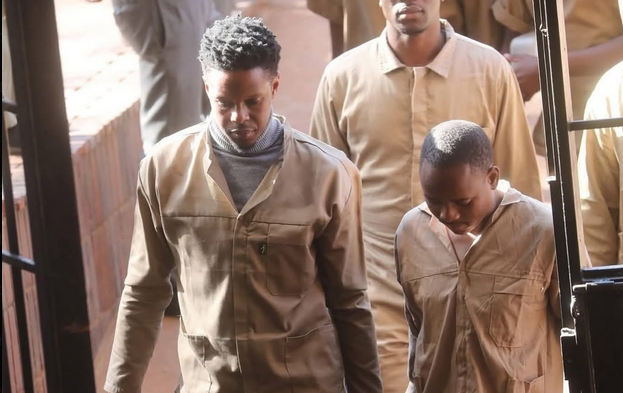
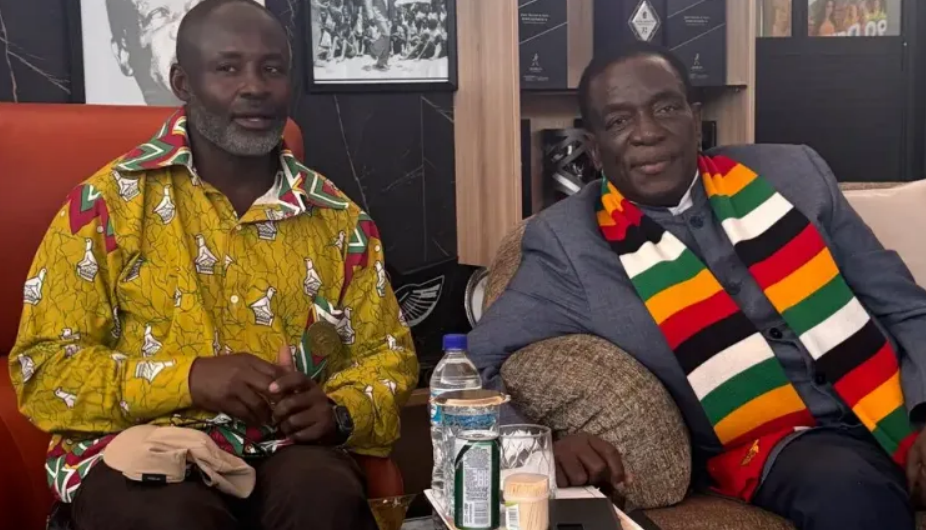

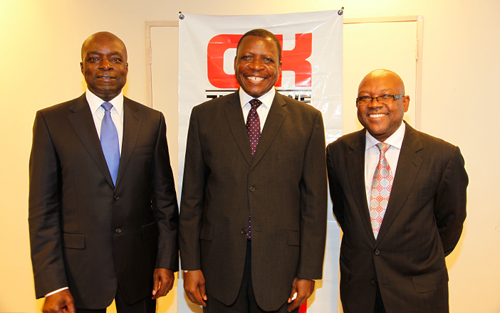
 Young Investment Professional (YIP) Graduate Programme 2019
Young Investment Professional (YIP) Graduate Programme 2019
Editor's Pick